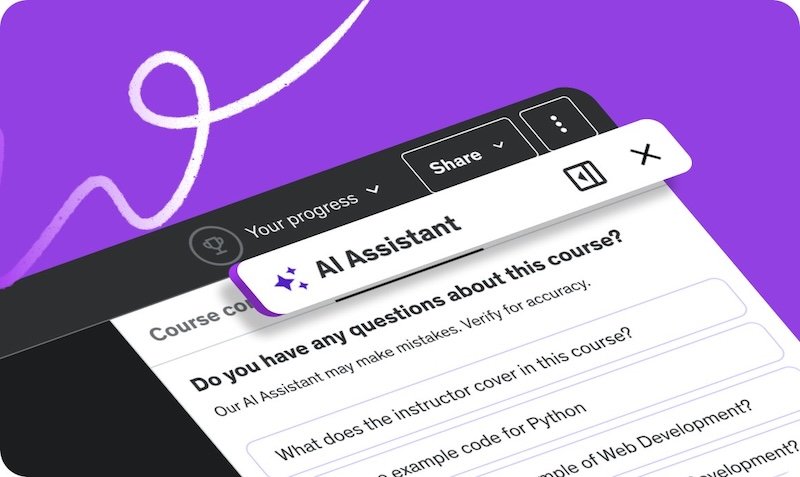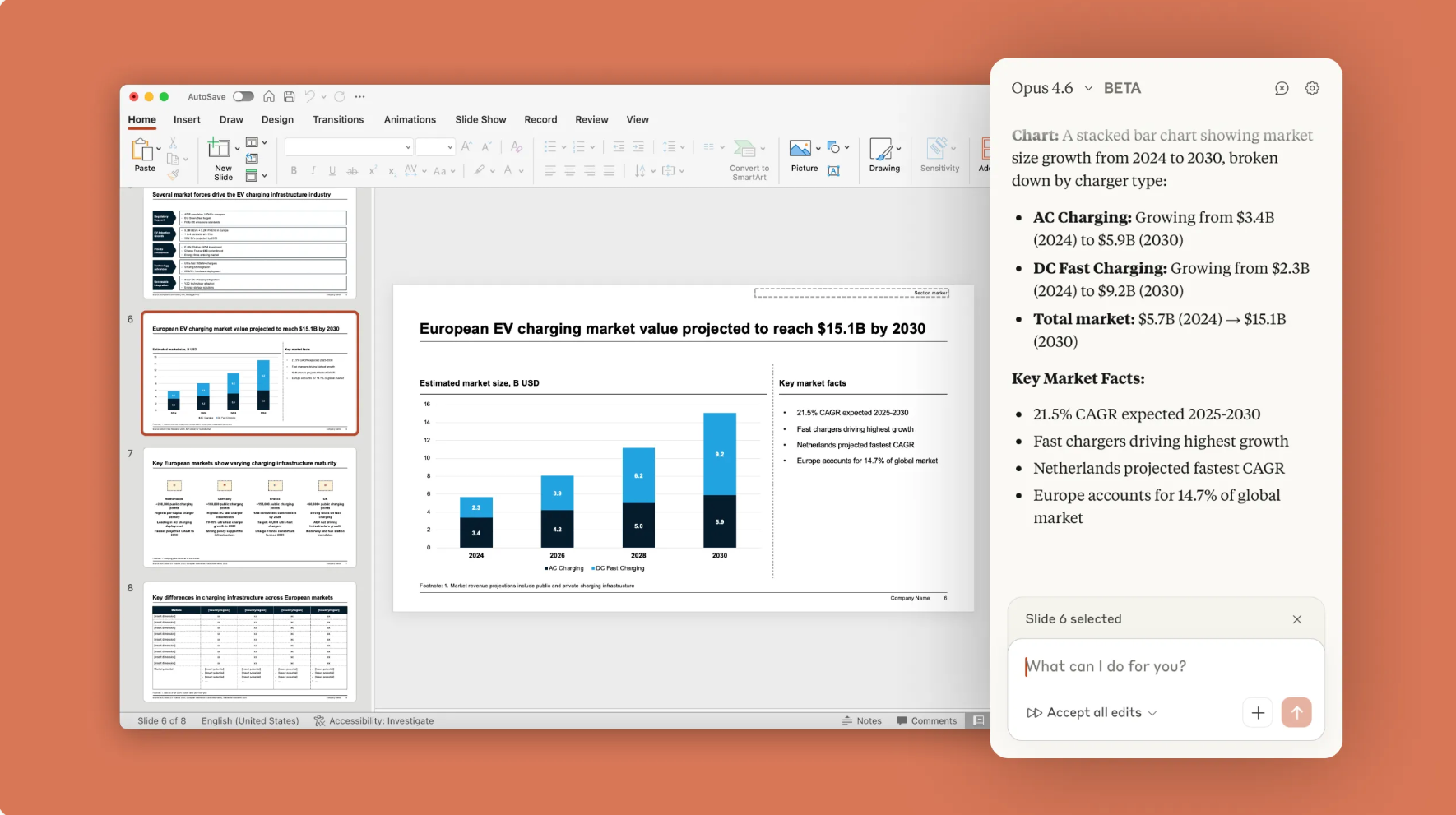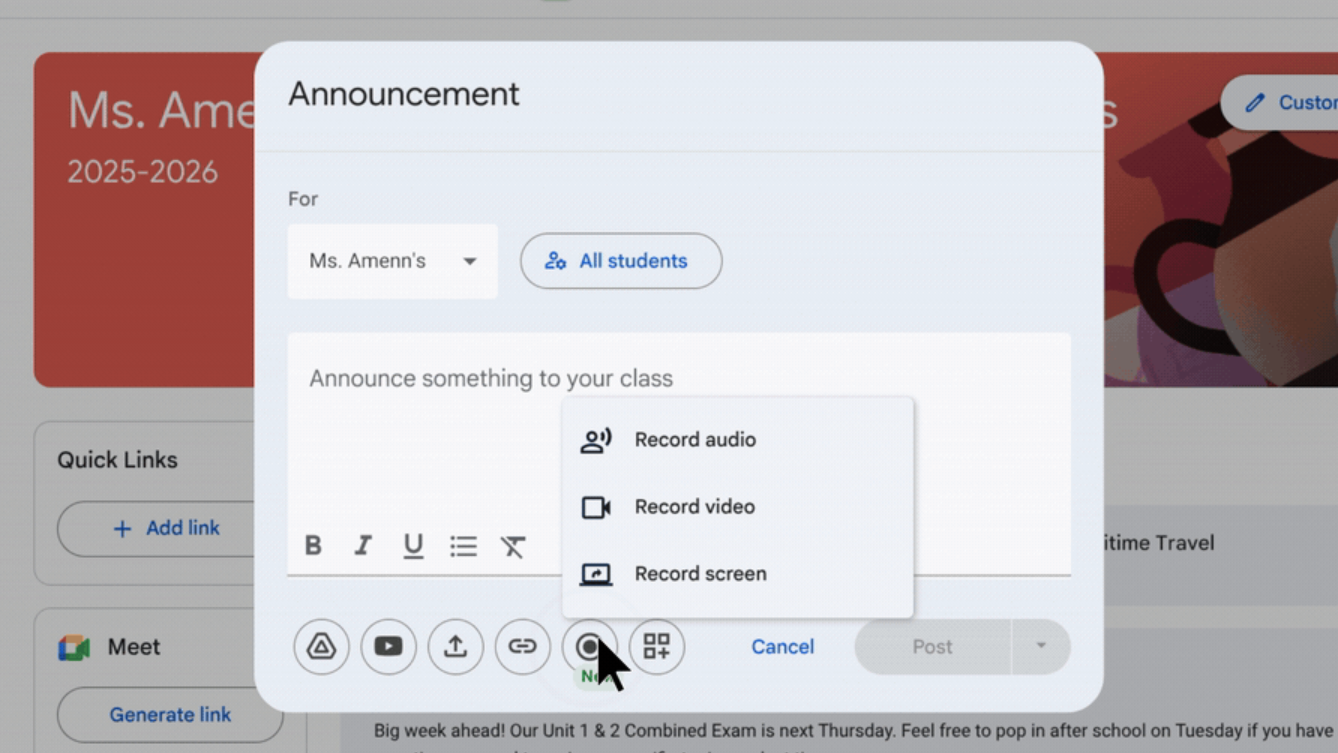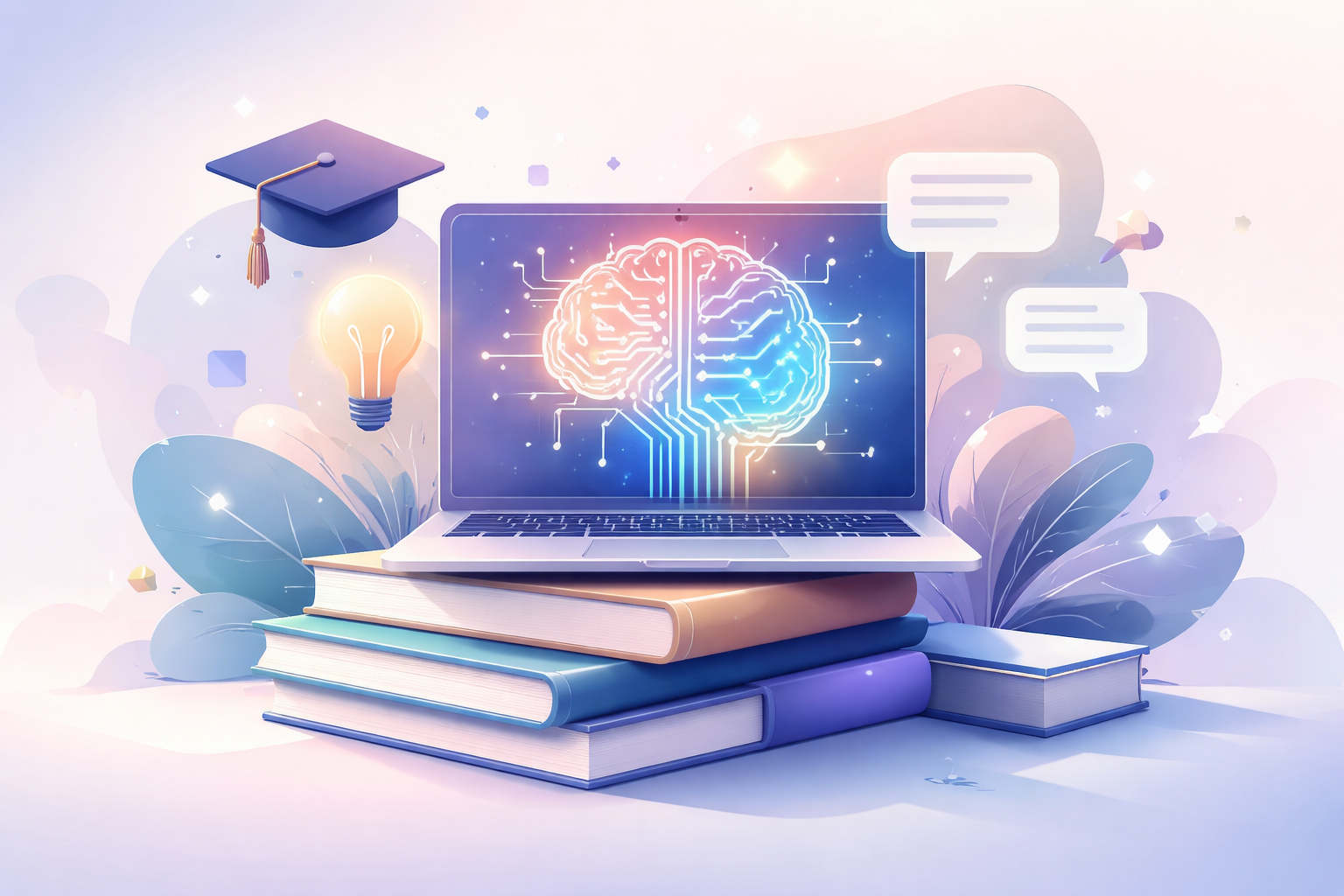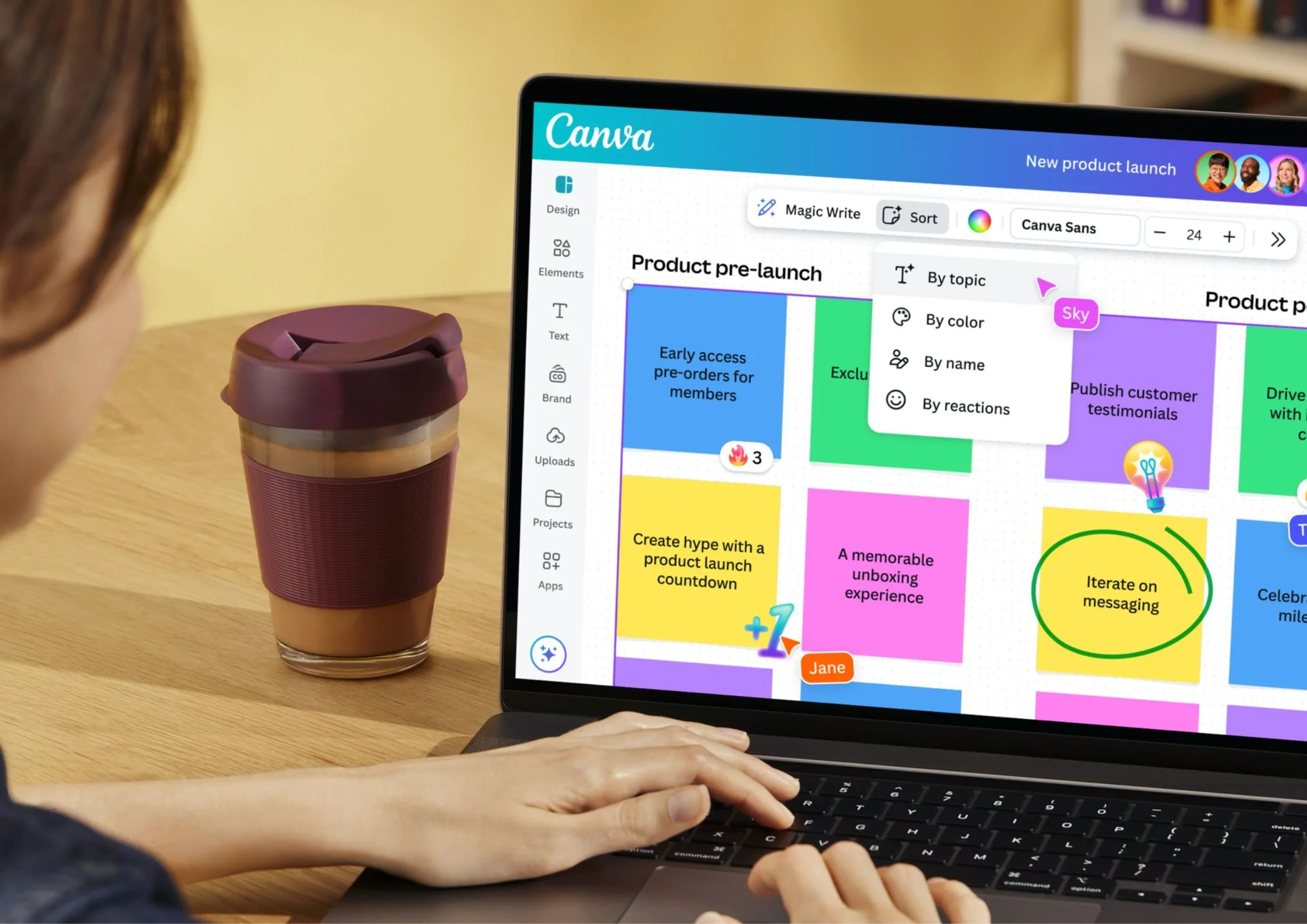Massachusetts publishes new AI policy guidance and literacy resources for educators
Massachusetts has released new guidance and training resources to help schools navigate the opportunities and risks of AI in education.

The Massachusetts Department of Elementary and Secondary Education (DESE) has published new resources to support schools in navigating artificial intelligence, including a set of policy guidelines and an AI literacy module for educators.
The announcement was shared in a LinkedIn post by Tara Nattrass, Chief Innovation Strategist for Education at Lenovo, a global technology company. Nattrass works with state, district, and school leaders across North America to support learning, and she collaborates on AI, cybersecurity, and digital inclusion initiatives.
Development of AI guidance
Nattrass says she spent 15 months working with the DESE AI Task Force, first on recommendations and then on the policy guidance: “The AI Task Force was thoughtful, reflective, and intentional, demonstrating the kind of collaboration and dialogue needed to work through a range of approaches and feelings around AI in our classrooms and schools.”
The new resources form part of a multi-year roadmap for AI in K-12 education. According to DESE, the state will continue to provide support in three key areas: resource creation, comprehensive professional development, and local and statewide policy. Implementation support such as workshops and training is planned for the 2025–26 school year, with policy considerations including embedding AI into curriculum frameworks expected to follow from 2026 onwards.
Nattrass wrote: “I appreciated the opportunity to engage in this work with Alan Coverstone, ISTE consultant - it was such a great experience creating and facilitating together! Looking forward to DESE's continued development of resources throughout the 2025-26 school year including one-pagers, tools, and professional learning opportunities to support school and districts in navigating AI in their local context.”
The DESE Office of Educational Technology and its Digital Literacy and Computer Science team worked with ISTE+ASCD to develop the initial guidance. A statement from SETDA’s Universal Connectivity Imperative, cited in the resources, notes: “The rise of AI tools in education brings opportunities for educators to personalize learning experiences. Therefore, effective strategies to build AI literacy must include a multifaceted approach that includes curriculum development support, ongoing professional development and coaching, allows community engagement, as well as clear policy and guidance for responsible and effective use of AI-powered tools.”





